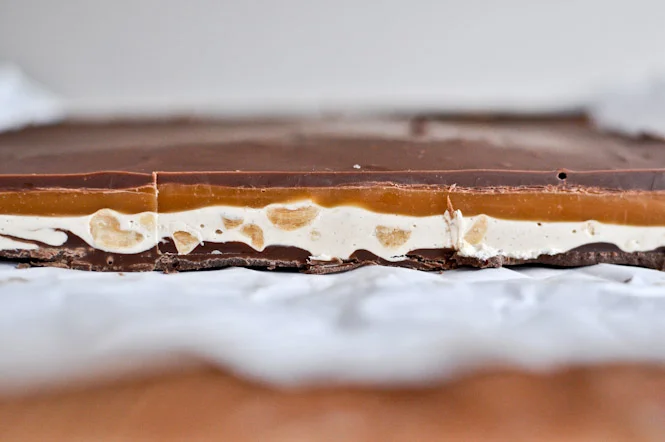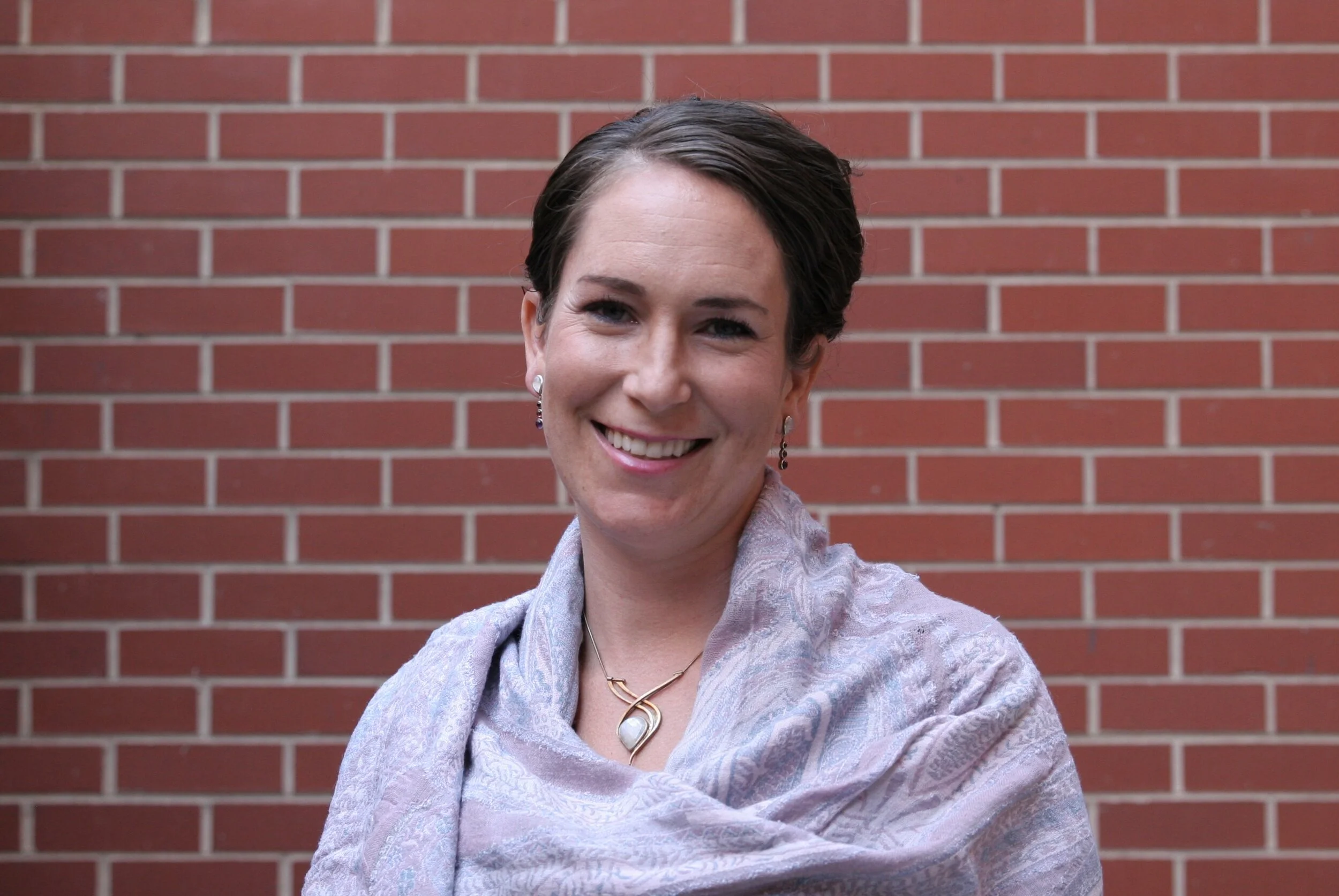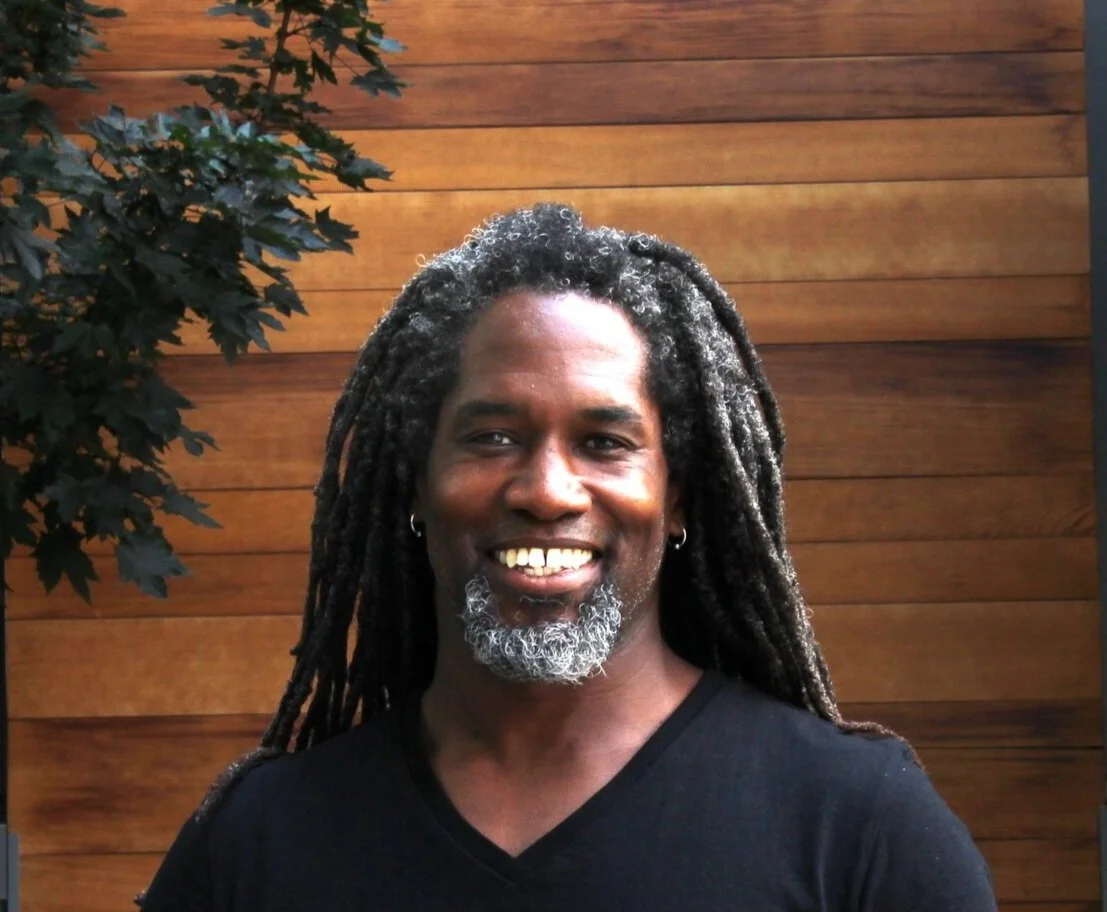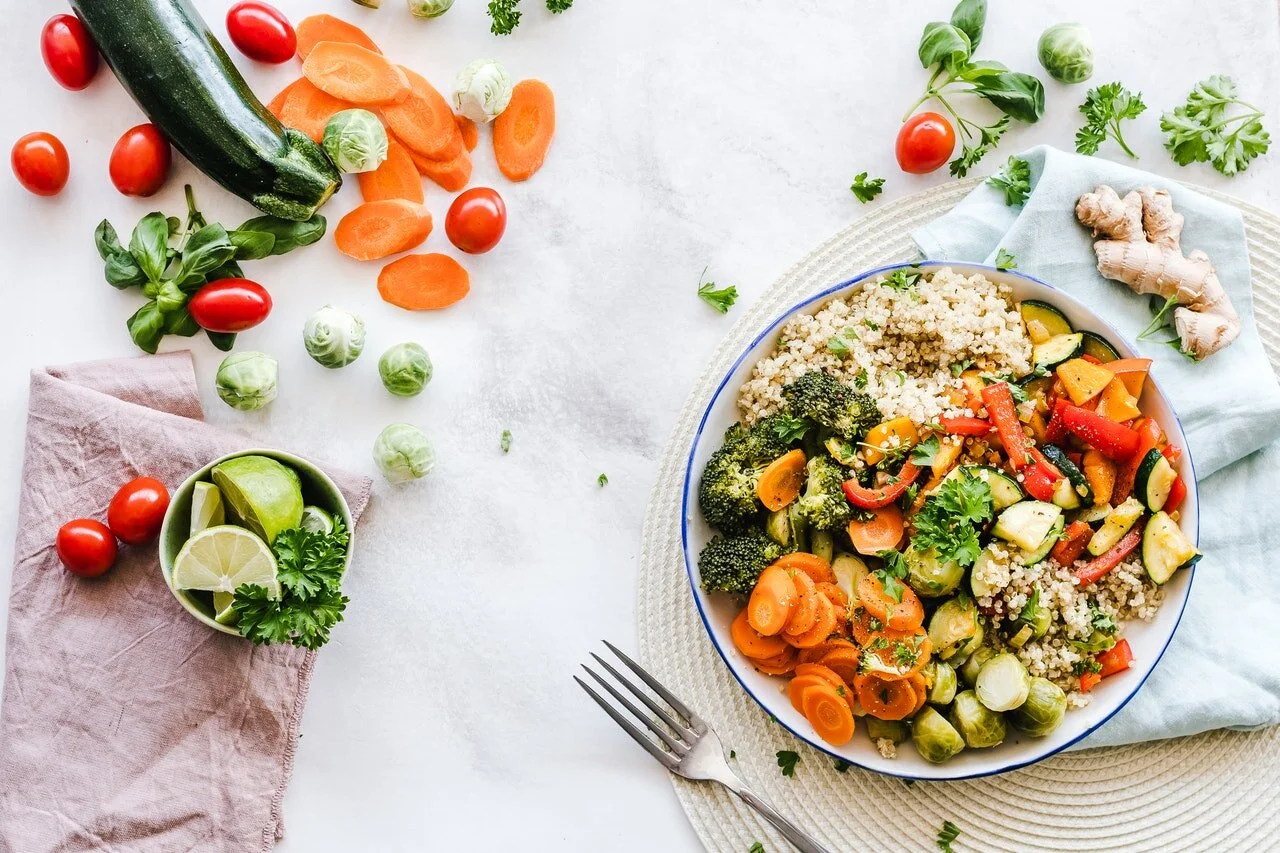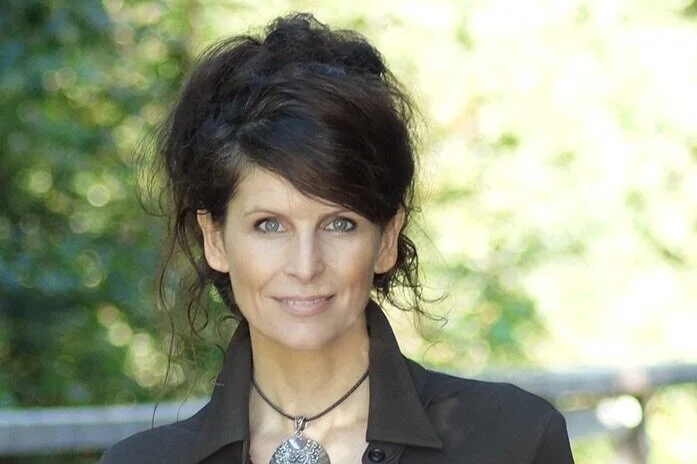The Big Challenge:
It's very difficult to eat healthy and/or lose weight while eating treats.
Assumption: I need to eliminate everything I love (especially the biggest culprits: dairy, meat, grains, refined sugar, processed foods, and alcohol).
The Breakdown: Well, yes and no. Our bodies are adaptive systems that fight unruly environments, diseases, and relationships 😊 There’s always a perfect combination of factors, including dietary choices and type of movement, for a given point that helps it operate efficiently and effectively. The further I skew from this beautiful recipe the less efficient and effective my body operates (comparable to the different grades of gasoline and car performance). What does this mean for eating treats? The answer is simple and not always fun to recognize: I need to figure out what I can get away with, accept the consequences of going beyond my boundaries, and adapt appropriately. Here’s what I specifically consider when I’m in the mood for treats:
What I Keep in Minding When Eating Treats
Personal Trainer Wisdom: The first key to cheating in any diet (diet as in one’s eating regiment…weight loss or not) is establishing a consistent structure of habits. This is my foundation….my day-to-day approach, my go-to. A treat every once in a while is an outlier that won’t skew my results….as long as my every daily approach is consistent and nutrient dense. I define a treat as a choice that doesn’t provide whole nutritional value, and most often counters my health in one form or another. Examples of treats include bread, ice cream, braised beef, chocolate, alcohol, and pretty much everything I grew to love over a lifetime. Similar to many economic principles, random treats in my diet are just small dents in the vehicle of life. It won’t stop this car from moving! It is an outlier and won’t affect my health goals.
On the other hand, if I eat my treats 5-7 days per week, this behavior is now a habit-a part of my foundation. The difference is a hail storm pounding my car to a total wreck instead of Preston’s baseball accidentally dinging my bumper. Can I still drive my car after a hail storm? Most likely, yes (but maybe not well). My body is a machine that can withstand many illnesses, bone breaks, and Snickers bars. It’s important that I’m always mindful of my body so that I can be aware of its boundary lines, though. I can run when I have a headache, but should I run a marathon when I have a migraine? I can lift weights with a sore shoulder, but should I perform a chest fly with a torn rotator cuff? I can eat a Snickers bar every night, but should I eat a treat every night after eating tasty crackers, cheese, and meat all day?
Choosing to eat a treat isn’t an isolated experience. This choice must be evaluated with all of my dietary habits, physical boundaries (think: a diabetic and his relationship to blood sugar level spiking foods), and other choices in mind. My choices outside of that moment can determine whether or not I’m pushing past my dietary boundary line. Ideally, I will develop an autopilot system that unconsciously evaluates these decisions and helps me adhere to important nutritional guidelines, including the choice of non-inflammatory, nutrient-dense foods as well as the dedication to a consistent eating schedule. I feel lucky that my generation doesn’t need to think about survival every waking moment. My life usually isn’t threatened daily, and food will be on my table. I can’t imagine living life under that type of scrutiny! It’s a good reminder for me when I do need to increase the focus on myself, though. The scrutiny isn’t always fun, but it’s necessary.
I see the reasons why many people avoid this awareness. I’m often frustrated facing the change I need to make (especially if I don’t understand how to adapt the situation). I guess that’s what is often missing from my goals: Acceptance. Accepting that I sometimes need to think about what I’m doing, who I am, and why I am doing something. And accepting the answers I discover and the things and situations that I can’t change now (or ever).
It’s especially frustrating when I’ve made a great change, and the results are the same. For instance, I finally substituted that delicious Snickers bar for a bar half of the calories at 4 pm every day, and it still isn’t enough to lose weight or body fat. Or I continue this healthful exchange, and I find myself back to the Snickers bar after 4-6 weeks. Emotionally, this is tough to face. It feels like a failure. Is it a failure, though? Times likes these are important lessons of what I still may need to change. Maybe eating at the same time creates a craving. When my low calorie, low sugar option isn’t available I still pursue a sweet (or sweeter) alternative. This can often be a dangerous line to tip-toe on if it is a trigger food (like chocolate). No wonder I eventually went back to the Snickers bar!
Losing weight. Focusing on myself. It’s a frustrating process that I was never prepared for by school. By becoming a human scientist as an adult now, though, I will finally receive the anatomy, nutrition, and behavioral lessons that have been missing from my life. I will finally learn about “Me.” With an objective and curious mind throughout this process, I will truly figure out what I need as well as what I can get away with.
